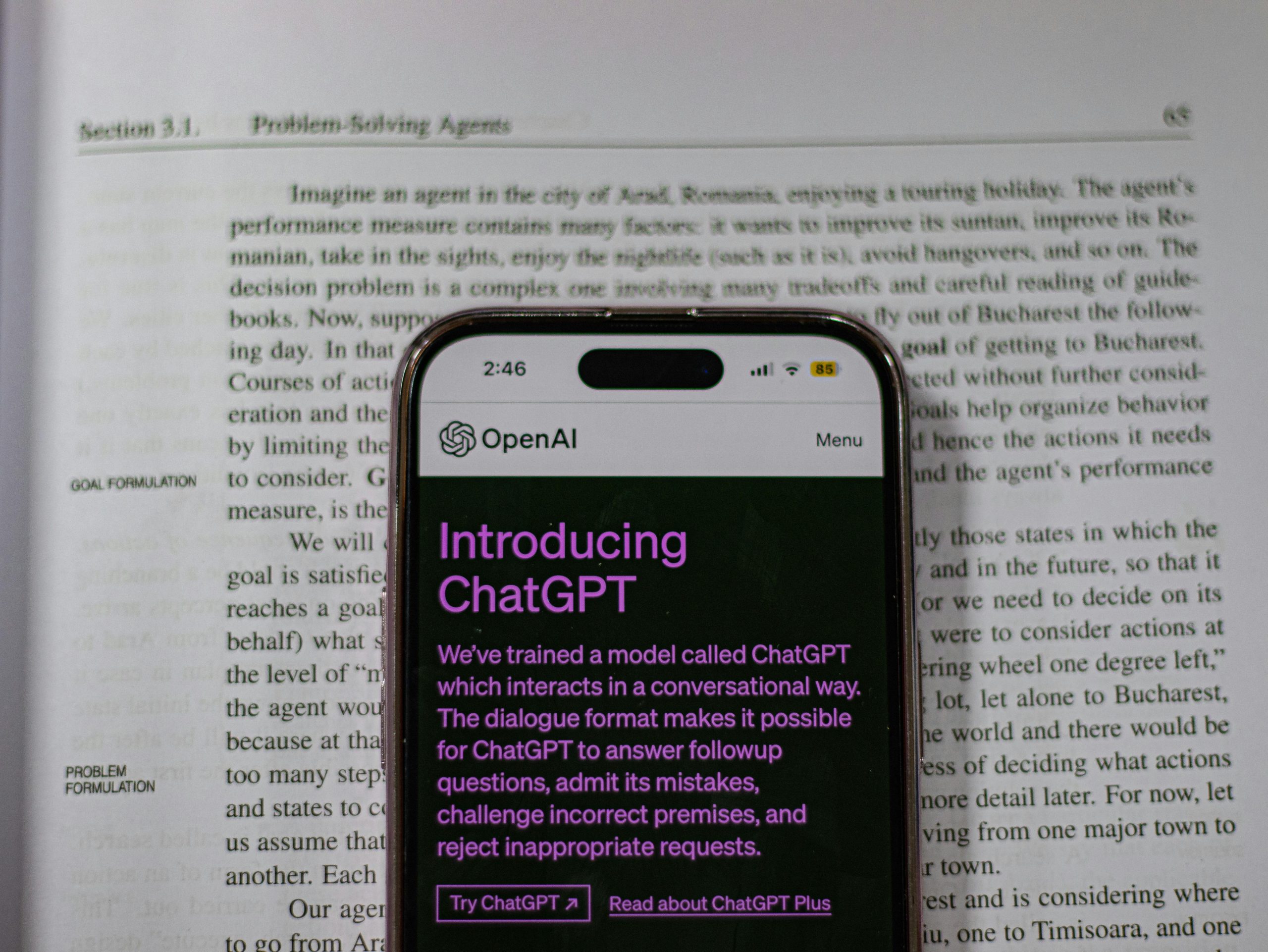The digital marketing landscape is evolving at an unprecedented pace, and artificial intelligence (AI) is at the heart of this transformation. From automating repetitive tasks to generating hyper-personalized content, AI is reshaping how brands engage with their audiences. Businesses that leverage AI-powered tools gain a competitive edge by improving efficiency, enhancing creativity, and delivering data-driven results. This article explores the key ways AI is revolutionizing digital marketing and content creation.
1. AI-Powered Content Creation
One of the most significant impacts of AI in digital marketing is its ability to generate high-quality content quickly. AI-powered writing tools, such as GPT-based models, can produce blog posts, social media captions, product descriptions, and even video scripts with minimal human input. These tools analyze vast datasets to mimic human-like writing styles, ensuring coherence and relevance.
Key Benefits:
- Speed and Scalability: AI can generate content in seconds, allowing marketers to scale their efforts without sacrificing quality.
- SEO Optimization: AI tools analyze search trends and suggest keyword-rich content to improve search rankings.
- Multilingual Capabilities: AI can translate and localize content for global audiences, breaking language barriers.
While AI-generated content is not a complete replacement for human creativity, it serves as a powerful assistant, helping marketers streamline workflows and focus on strategy.
2. Hyper-Personalized Marketing Campaigns
AI enables marketers to deliver highly personalized experiences by analyzing user behavior, preferences, and purchase history. Machine learning algorithms process vast amounts of data to predict customer needs and tailor messaging accordingly.
Applications in Personalization:
- Dynamic Email Marketing: AI segments audiences and crafts personalized email content based on past interactions.
- Recommendation Engines: Platforms like Netflix and Amazon use AI to suggest products or content based on user preferences.
- Chatbots and Virtual Assistants: AI-driven chatbots provide real-time, personalized customer support, improving engagement.
By leveraging AI, brands can create one-to-one marketing experiences that resonate with consumers, increasing conversion rates and customer loyalty.
3. Enhanced Data Analytics and Predictive Insights
Data is the backbone of digital marketing, and AI takes data analysis to the next level. Traditional analytics tools provide historical insights, but AI-powered platforms predict future trends, helping marketers make proactive decisions.
How AI Transforms Data Analysis:
- Predictive Analytics: AI forecasts customer behavior, enabling marketers to optimize campaigns before launch.
- Sentiment Analysis: AI scans social media and reviews to gauge public opinion about a brand or product.
- Real-Time Adjustments: AI continuously refines ad targeting and bidding strategies based on performance data.
With AI, marketers move from reactive to proactive strategies, ensuring better ROI and more efficient budget allocation.
4. AI in Visual and Video Content Creation
Beyond text, AI is revolutionizing visual and video content. Tools like DALL-E, MidJourney, and Runway ML generate stunning images, animations, and videos with simple text prompts. Video editing platforms powered by AI automate tedious tasks like color correction and scene transitions.
Advancements in AI-Generated Visuals:
- Automated Video Editing: AI trims, enhances, and even generates video content from raw footage.
- Custom Graphics: AI creates logos, infographics, and social media visuals in minutes.
- Deepfake Technology: While controversial, AI can synthesize realistic human faces and voices for marketing campaigns.
These innovations democratize content creation, allowing small businesses to compete with larger brands in visual storytelling.
5. Optimizing Advertising with AI
AI is transforming digital advertising by improving targeting, ad placement, and performance tracking. Platforms like Google Ads and Facebook Ads use AI algorithms to optimize campaigns in real time, maximizing reach and conversions.
AI-Driven Advertising Strategies:
- Programmatic Advertising: AI automates ad buying, placing ads where they are most likely to convert.
- A/B Testing at Scale: AI runs multiple ad variations simultaneously to determine the best-performing creatives.
- Fraud Detection: AI identifies and blocks fraudulent clicks, ensuring ad spend is used effectively.
By harnessing AI, marketers reduce wasted ad spend and achieve higher engagement rates with precision targeting.
Conclusion
AI is no longer a futuristic concept—it’s a present-day reality reshaping digital marketing and content creation. From generating personalized content to optimizing ad campaigns, AI empowers marketers to work smarter, faster, and more effectively. While human creativity remains irreplaceable, AI serves as a powerful ally, automating repetitive tasks and unlocking data-driven insights. Businesses that embrace AI today will lead the digital marketing revolution tomorrow.
